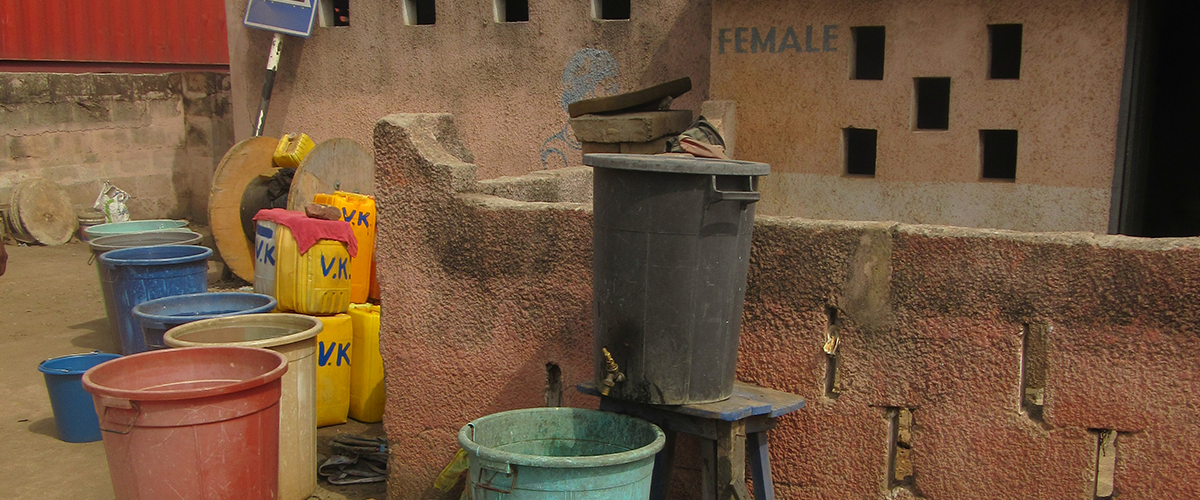
Infrastructural services and development programmes in low- and middle-income countries can be ‘inclusive’ due to different factors. Inclusive infrastructure and services make sure that no individual, social group (e.g. women, disabled, low-caste, LGBTI) or community is prevented from benefitting from their provision. Development programmes and processes are inclusive when there is awareness of marginalised groups, and that people in all marginalised groups can participate equally and benefit from them. In the WASH sector, inclusion is also about ensuring that the rights of all involved in WASH, including sanitation workers who deliver services, are fully realised. My work to date has explored different aspects of inclusiveness in low- and middle-income countries within WASH provision. I have also examined how feminist and participatory methods can make sure programmes and research can identify the perspectives of people in the community whose voices are not typically heard. I have also worked with colleagues to explore how grassroots community collectivisation can improve WASH in slums in India.
For more information about my work on how we can be inclusive as development professionals, please see:
- Intersectionality and marginality in faecal sludge management in South Asia
- The use of PhotoVoice in WASH
- Modern energy cooking services for people with disabilities in low- and middle-income countries
- Incontinence in humanitarian and low- and middle-income contexts
- Guidance for building accessible WASH facilities
- WASH for perimenopausal women